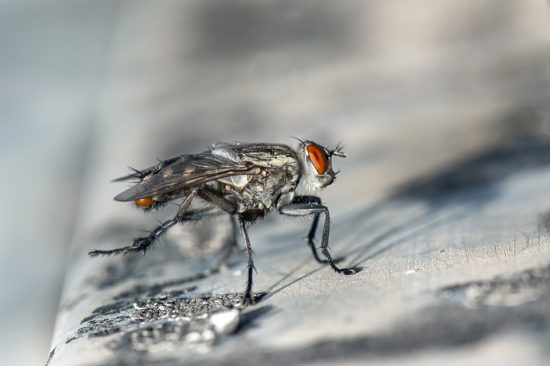Sanitation in urban areas may limit the spread of antimicrobial resistance via flies
Synanthropic filth flies, often found in poor sanitation areas, are known to transport antimicrobial resistant organisms and associated antimicrobial resistance genes (ARGs), increasing exposure risks. A study in Maputo, Mozambique found that an onsite sanitation intervention reduced enteric bacteria concentration and ARG detection in household compounds of low-income neighborhoods. The intervention also reduced the number of ARGs per fly, with only 3.4 of the tested isolates resistant to antibiotics. Improving sanitation infrastructure in low-income informal settlements could help reduce fly-mediated transmission of AMRs.
AMR NEWS
Your Biweekly Source for Global AMR Insights!
Stay informed with the essential newsletter that brings together all the latest One Health news on antimicrobial resistance. Delivered straight to your inbox every two weeks, AMR NEWS provides a curated selection of international insights, key publications, and the latest updates in the fight against AMR.
Don’t miss out on staying ahead in the global AMR movement—subscribe now!







